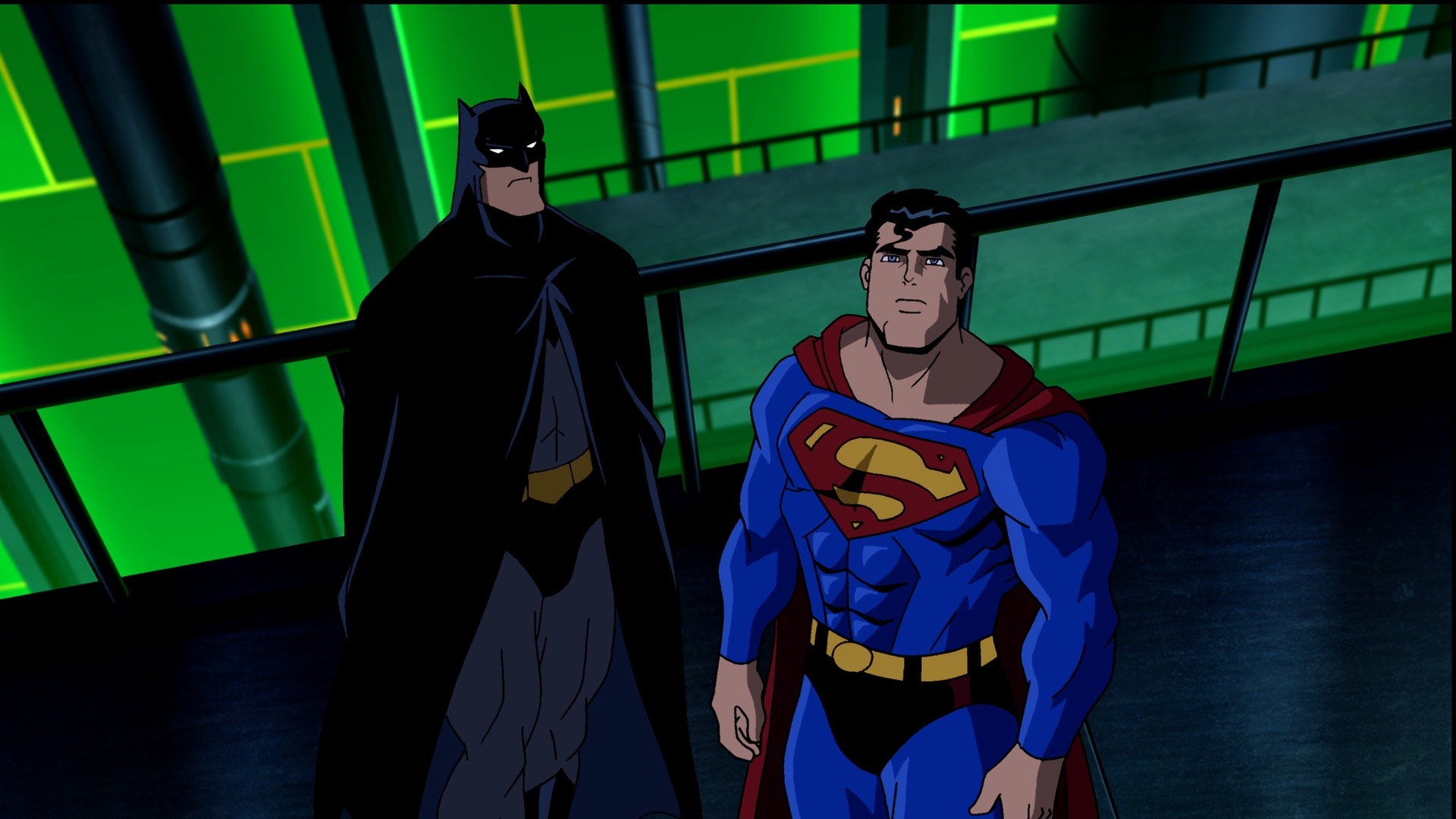https://www.youtube.com/watch?v=OWtiC1JFRnE
Byung-du is a 29-year-old career criminal, working for the middle-rank enforcer Sang-chul. Burdened with a terminally ill mother and taking care of younger siblings, Byung-du is feeling financial pressure as a substitute patriarch. When the big boss President Hwang is cornered by a corrupt prosecutor, Byung-du volunteers for a whack job and wins the big man’s trust. However, his real trouble begins when friend Min-ho, an aspiring movie director, asks him to be a consultant for the latter’s debut film. – IMDB
There has been a whole host of sublime gangster movies coming out of South Korea over the last decade, and the genre itself seems to be going through something of a renaissance. The likes of New World, A Bittersweet Life and Nameless Gangster are all triumphs, yet A Dirty Carnival stands apart. In some ways it is a conventional story of greed and ambition, where it differs is the portrayal of the main character, Kim Byung-doo. We have grown accustom to a type of on screen Americanized mobster, the likes of Tony Montana and Michael Corleone, so the depiction Byung-doo is a stark contrast. He is far from a womanizer, instead he appears timid around Hyun-joo, his high school sweetheart, and seemingly driven entirely by his desire to provide for his ill mother, and younger siblings. There is not the classic fixation on wealth and power.
Where he returns to the stereotype is how easily violence comes to him, a recurring reminder of the lifestyle he has chosen. The fight scenes are where the film really excels. It feels as though the majority of Western films squeeze their fight scenes from the same tube of toothpaste, it’s as though they have all followed some guide on how to ‘fight like James Bond‘. We know the drill, fast action in increasingly extreme situations. While it serves to entertain us, it takes the films away from reality, and can make a gritty and thought provoking film lose much of its gravitas.
With A Dirty Carnival their depiction is savage and raw. While beautifully coordinated every fight scene feels realistic, and the participants fight with the crudeness a street gang would battle with, not polished martial arts. Unlike its western counterparts, A Dirty Carnival rejects the notion of any glamour in this lifestyle, the protagonist is constantly hard up, begging for scraps from his uncaring superiors. Byung-doo lives in a modest apartment with several of his subordinates, an unconventional and harsh family. While we are used to Mafiosi getting their comeuppance in the closing scenes, their lives are typified by flash cars and opulent homes, even when they start from humble beginnings.
Byung-doo’s story is far darker, far more ordinary, and ultimately far more relatable to the viewer, who finds themselves empathizing for him far more than your traditional on screen mobster.





















